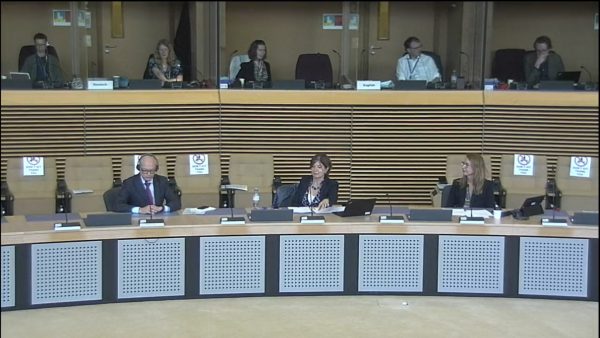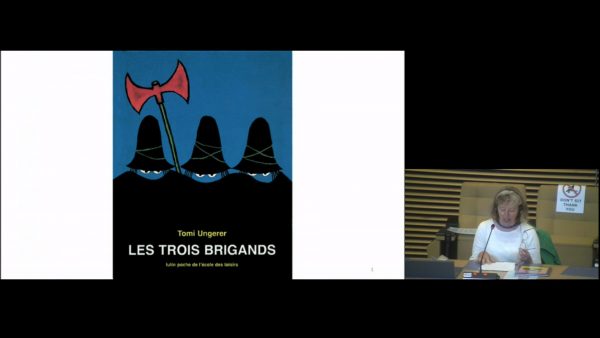European Day of Languages: CITS MA students to take part in the European Commission’s virtual event
 September 26 marks an important date for the T&I community as it is the European Day of Languages. To celebrate this occasion, the European Commission’s Directorate General for Interpretation holds a special event every year – a special mock-conference for T&I students and trainers, its partners and all those interested in interpreting and translation. CITS MA students also had the chance to join the event and see how interpretation works at the European Commission. This is an opportunity for students not only to learn about the work of European institutions, but also to practice simultaneous interpreting.
September 26 marks an important date for the T&I community as it is the European Day of Languages. To celebrate this occasion, the European Commission’s Directorate General for Interpretation holds a special event every year – a special mock-conference for T&I students and trainers, its partners and all those interested in interpreting and translation. CITS MA students also had the chance to join the event and see how interpretation works at the European Commission. This is an opportunity for students not only to learn about the work of European institutions, but also to practice simultaneous interpreting.
At the conference, the European Commission’s interpreters turn into speakers and prepare speeches in their native languages. Multilingualism was the main subject of the conference, as it was last year. Within this subject, interpreters prepared speeches covering a variety of topics, and even though the subject of the conference was known in advance, it was impossible to know exactly what the speakers would be talking about until the very last moment.
 One of the most distinctive speeches was a story about Tomi Ungerer, a French writer who, while growing up, mastered several languages but spoke with an accent. Can a person who speaks all the languages he knows with an accent identify himself with any society, or will he forever remain a stranger to any culture? This can be a concern not only for interpreters, but also for all people who speak two or more languages.
One of the most distinctive speeches was a story about Tomi Ungerer, a French writer who, while growing up, mastered several languages but spoke with an accent. Can a person who speaks all the languages he knows with an accent identify himself with any society, or will he forever remain a stranger to any culture? This can be a concern not only for interpreters, but also for all people who speak two or more languages.
In addition, the conference raised the issues of language learning in German schools, the use of English in the European Commission after Brexit, the mechanics of having multiple languages in one plane and many others.
The speakers mesmerized the audience with their speeches. However, no matter how enjoyable and interesting it is to listen to the stories, our students always have specific tasks at these kinds of events. First-year MA students are to prepare glossaries throughout the conference, while second-year students do simultaneous interpretation and record it for further analysis of the work done.
It was suggested at the conference that interpretation and translation are the language of the European Union. We cannot but agree with this statement, since translation and interpretation do connect many countries and billions of people.





